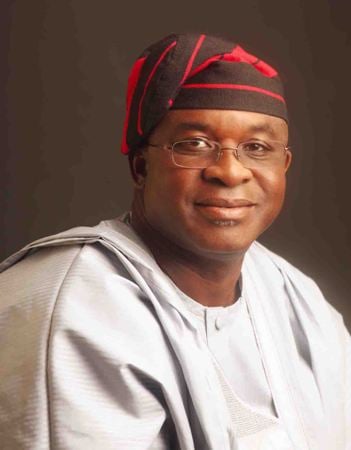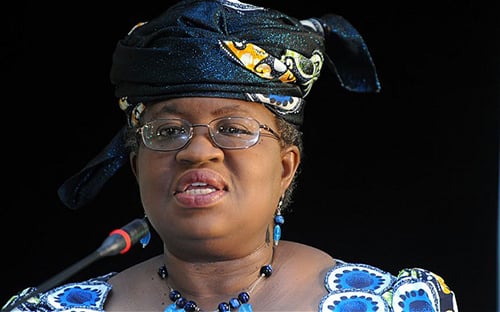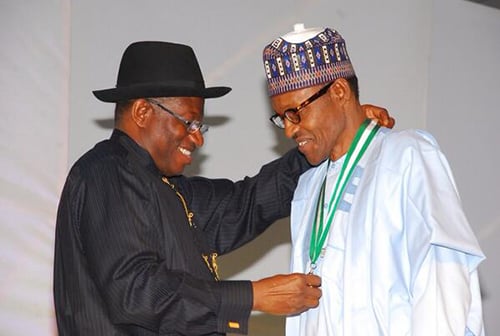The 2014 budget passed two weeks ago by the Senate and the federal House of Representatives respectively has been transmitted to the Executive by the National Assembly.
The budget as passed was first sent to the Legal Services Department of the National Assembly for legal scrutiny, but it could not be transmitted until it had been certified okay.
 On December 19, 2013, the Executive had presented a N4.642 trillion budget proposal for the 2014 fiscal year to the National Assembly. This was jacked up by N52.2 billion to become the N4.695 trillion, which was eventually passed after series of debate in both chambers.
On December 19, 2013, the Executive had presented a N4.642 trillion budget proposal for the 2014 fiscal year to the National Assembly. This was jacked up by N52.2 billion to become the N4.695 trillion, which was eventually passed after series of debate in both chambers.
Of the total budget figure, N2.454 trillion was approved as recurrent expenditure, while the sum of N1.119 trillion was passed as capital spending. N408.6 billion was earmarked for statutory transfers and N712 billion for debt service.
Although the executive pegged $74 per barrel as crude oil benchmark for the budget, the National Assembly raised it up to $77.5 per barrel.
Advertisement
Other parameters used in the budget determination are: estimated crude oil production (2.3883million barrels per day), GDP growth rate (6.75 per cent), inflation rate (9.5 per cent) and exchange rate (N160 to one US dollar).
The breakdown of the budget, as passed, shows that education had the chunk with N373.5 billion as recurrent expenditure and N50.7 billion as capital expenditure.
This is followed by security, comprising Ministry of Defence, Army, Navy and Air Force with N314.3 billion as recurrent expenditure and N35.3 billion as capital expenditure.
Advertisement
Next is police formation and command with a budget of N295.5 billion as recurrent expenditure and N7.3 billion capital expenditure.
Others are health (N214.9 billion for recurrent expenditure and N49.5 billion for capital expenditure), works (N106.3 billion capital expenditure and N27.4 billion recurrent expenditure), power (N3.3 billion capital expenditure and N59.8 billion recurrent expenditure, among others.
There is also a Subsidy Reinvestment Programme (SURE-P) component of the budget to the tune of N268 billion for the year 2014, which did not form part of the aggregate budget figure but was however captured in the final compilation of the bill.
Add a comment





